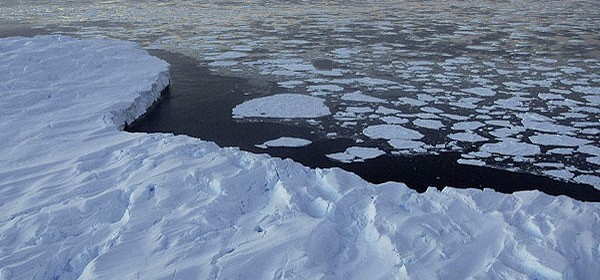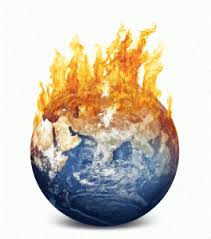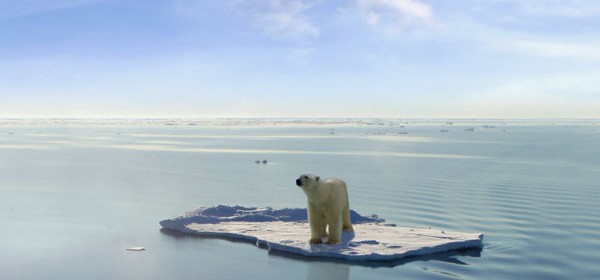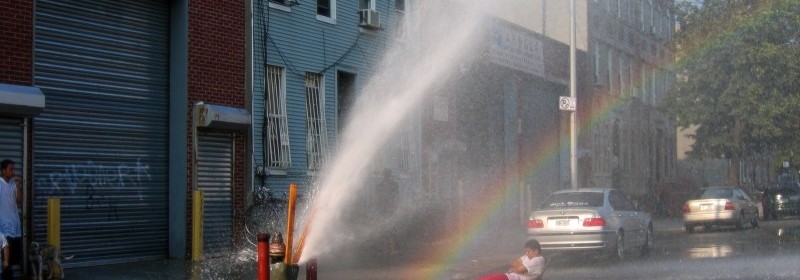Antarctica Air Is Getting Warmer
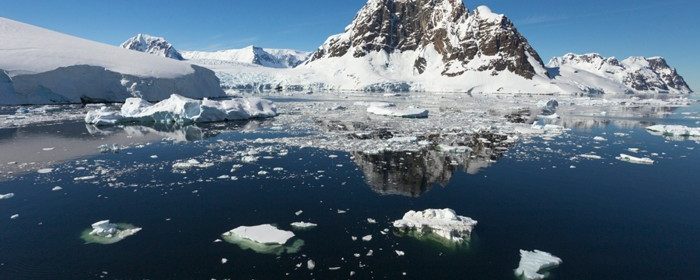
New South Wales and southern Queensland are going to be suffering from warmer weather and less rain than in the past. This temperature change is called “sudden stratospheric warming.” It happens when the air above the South Pole starts to warm up rapidly. Predictions are that the warming of Antarctic will likely be higher than a previous record high in […]
Read more
